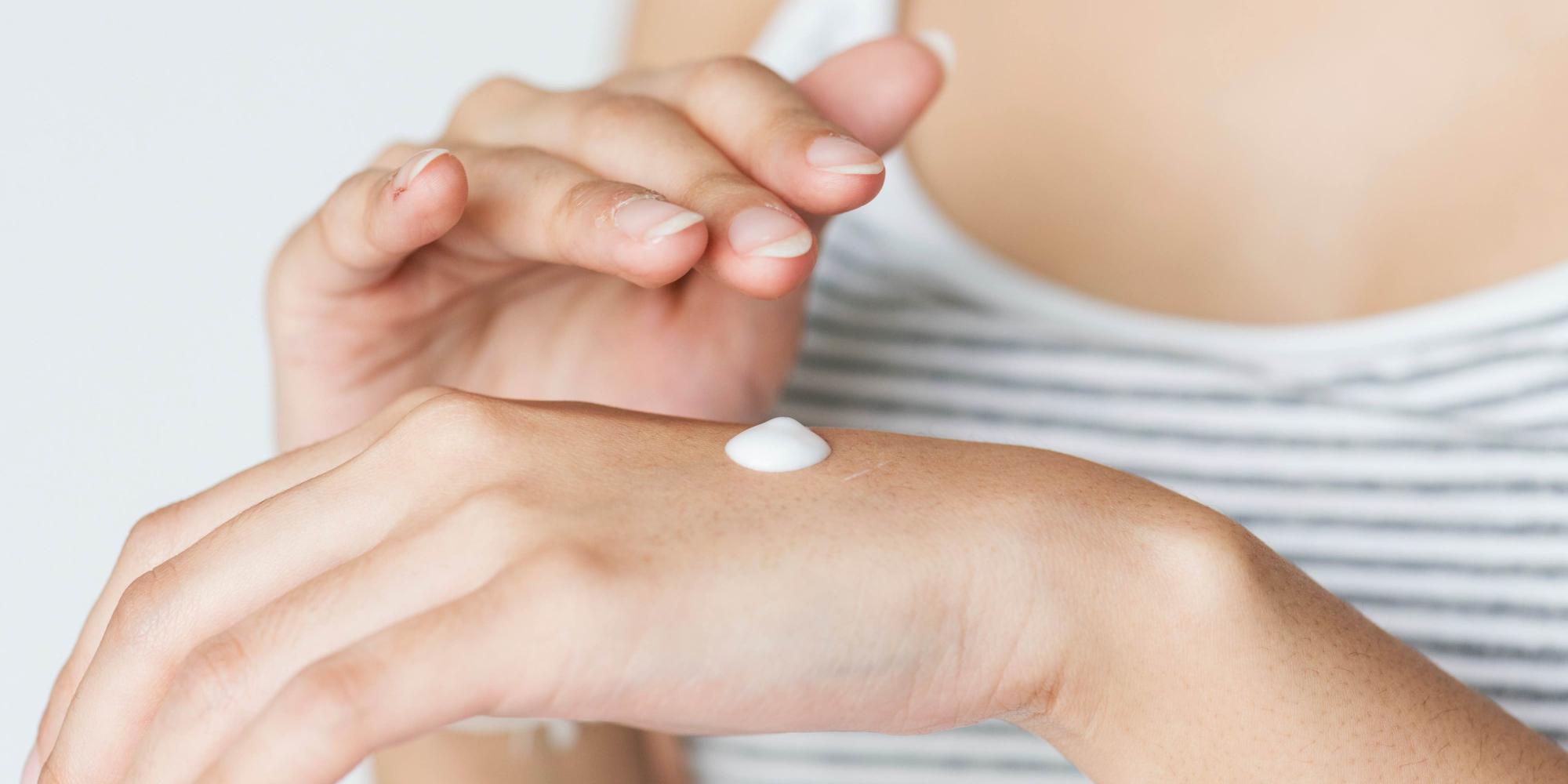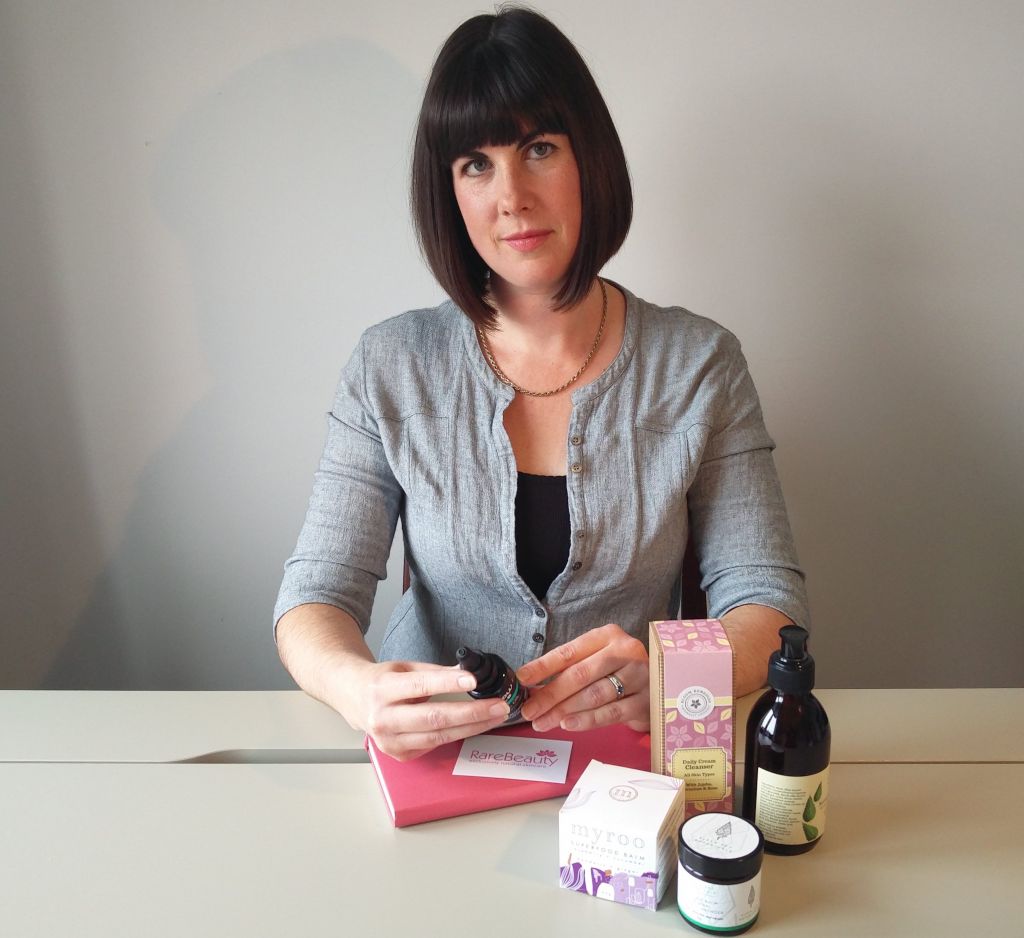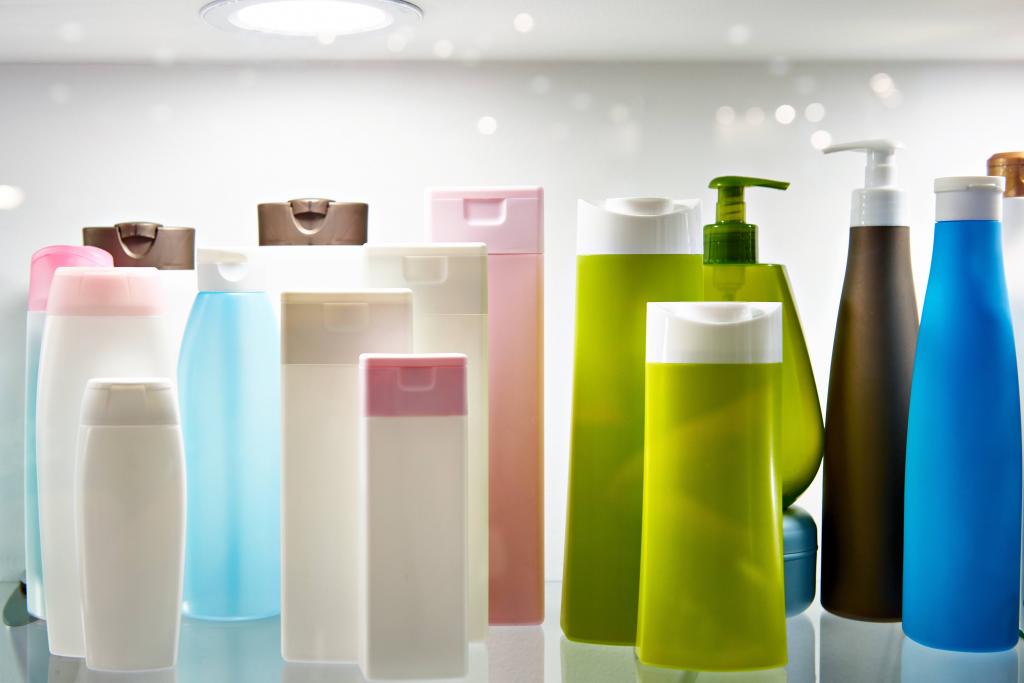
Social Impact Matters To Natural Skincare Shoppers In The U.K., According To A New Survey
British natural beauty customers are a principled bunch.
In a survey conducted last month, nearly 700 of them revealed ethics is the number-one reason for their preference for skincare from natural brands. Over the coming year, 82% plan to reduce plastic waste through natural skincare buys, 72% expect to check the business practices of skincare brands they shop, and 69% will seek skincare from independent companies.
“These women are led by concerns around environmental impact and the kinds of businesses they want to buy from,” says Corinne Thomas, founder of Rare Beauty, an e-tailer specializing in natural beauty products from U.K. purveyors, which partnered on the survey with brand agency Skin Insight and business strategy firm Indie Beauty Delivers. “They actively research products and businesses to make sure they meet their ethics. That ties into the huge rise of veganism in this country, and concerns around zero waste and plastic-free products becoming mainstream.”
The survey stuck to U.K. residents, and included fans of natural skincare brands and green beauty bloggers. Consumers interested in health and beauty generally were also solicited for the survey through Facebook. Almost all those polled were women, 64% were between the ages of 25 and 44, and 55% spend 11 to 30 pounds on skincare per month. A third described themselves as fairly experienced with natural skincare, 11% identified as experienced, and 43% called themselves beginners.

The survey shows demand for natural skincare surging. Close to 90% of respondents said they’re anticipating increasing purchases of natural skincare merchandise in the upcoming year. The result is in line with U.K. organic and natural beauty sales growth documented by The Soil Association. According to the organization, the organic and natural beauty sector jumped 24% last year to 78.5 million pounds or $99 million at the current exchange rate. Organic and natural beauty represents a tiny fraction of the overall U.K. market for beauty products and services valued at 25.1 billion pounds or $32.6 billion in 2017, per a report from Cosmetic Executive Women and Mintel Group.
The natural skincare survey indicates e-tailers are cleaning up clean skincare purchases in the U.K. Approximately half of those questioned suggested they buy natural skincare at independent shops, 45% singled out high street chains or department stores, and 83% highlighted online stores or marketplaces. The relative weakness of high street chains exposed in the survey mirrors the troubles the chains are experiencing as profits tumble, executives fumble and stores shutter.
“When you are a natural business, you might assume too much. You might assume your consumer is very well-informed and, they might be, but there also might be women who want to buy natural skincare and need direction. What can the industry do to help them make these choices?”
While consumers are intrigued by natural skincare, they’re frequently confused by it. Roughly a third of the survey takers stated they find it hard or very hard to know what’s in natural skincare products, and three-quarters relayed they feel like they have more to learn about natural skincare. Slightly under 35% of survey participants shared that they believe a skincare product labelled natural or organic isn’t a natural skincare product.
“When you are a natural business, you might assume too much. You might assume your consumer is very well-informed and, they might be, but there also might be women who want to buy natural skincare and need direction,” says Thomas. “What can the industry do to help them make these choices?”

Consumers mostly turn to digital platforms for information with 72% of those surveyed disclosing online research is their go-to source for information, 61% pointing to Facebook, 49% mentioning Instagram, and 46% opting for friends, family and colleagues. In terms of trusted sources, friends, family and colleagues (56%) outrank online communities (45%) and digital posts (40%). Celebrities (70%), shop staff (30%) and magazines (29%) are the least trusted sources.
The survey results convinced Thomas to amplify the attention paid on Rare Beauty to the stories behind brands and their social missions. She is already moving away from products packaged in plastic on the site and, if a brand still relies heavily on plastic packaging, she makes sure it’s pursuing strategies to diminish its reliance on plastic packaging before bringing the brand into Rare Beauty’s assortment. Today, a dozen brands are sold by Rare Beauty, and one of the bestselling brands is environmentally-friendly soap maker Soap Folk.
“It’s very easy to just sell all the time when actually what we are being told here is don’t sell the product, it’s really more about the story and the ethos behind why you make the product and what you are doing to be an ethical skincare business, and what’s your opinion on natural skincare and how you define it,” says Thomas. “We want to encourage brands to think more about that rather than constantly talking about products.”





Leave a Reply
You must be logged in to post a comment.